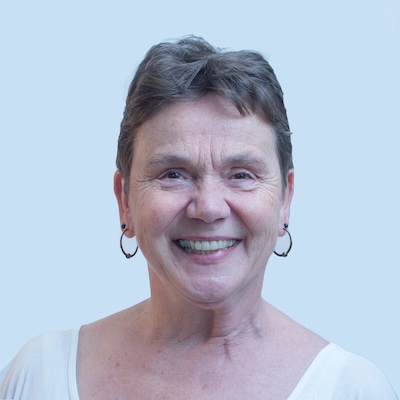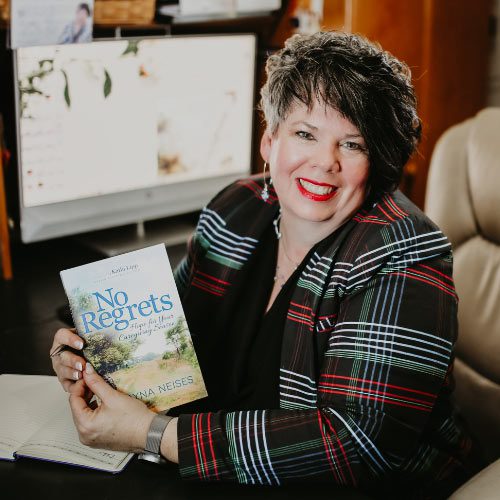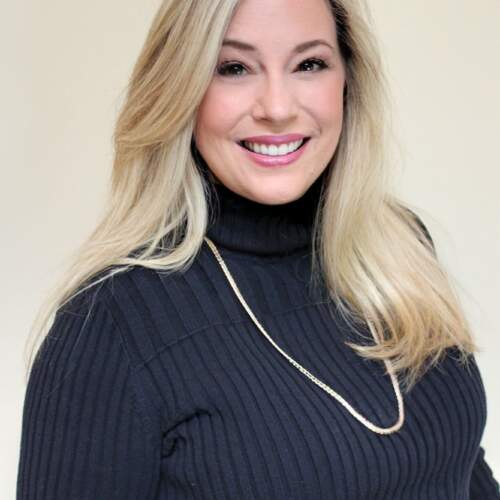Navigating Retirement’s Known Unknowns
Photo by Hubert Neufeld on Unsplash
Financially, my wife and I think we’re sitting pretty right now. We each get a monthly Social Security check, and she has a nice Retirement fund thanks to 35 years of state Employment. This year she also has been earning significant income as a consultant, and I, in turn, through my writing earn a sum adequate to cover a daily cup of chai latte. We’ve paid off the mortgage, although we do still pay a hefty monthly fee to our cooperative for the privilege of never having to worry about the lawn, roof, gutters, and plumbing.
But that is today. Out ahead on the horizon, looming like giant icebergs, are two potential financial catastrophes: The costs of housing and long-term care. Call these the known unknowns (and let’s not even start on the unknown unknowns.) Safe passage through these treacherous waters is not guaranteed for anyone.
Nothing brings home the threat of these twin perils as well as the 2023 edition of Housing America’s Older Adults, the latest annual report from the Joint Center for Housing Studies of Harvard University. The publication landed in late November – too late to add an element of Halloween fright but just in time to leaven holiday cheer with a bracing dose of dread.
Warning: Imminent Disaster
To get directly to the upshot, the report says the combination of costs for housing and long-term care will spell financial disaster for a growing share of adults 75 and older, at the same time incomes are fixed or even diminishing.
There are various qualifiers: Adults living alone are more vulnerable than couples. Adults who own their homes and have no mortgage are more secure than renters. Costs differ significantly by location. And the averages and medians tend to obscure vast inequalities of wealth and income.
I have written before about the shortage of affordable housing and the exorbitant expense of long-term care, but this report brought home to me that the one-two punch of them both can send many of us reeling.
The report is chock full of statistics and numbers to back up its findings. Here are a few that I find the best at telling the story:
Nearly 11.2 million older adults in 2021 were “cost-burdened,” meaning that they spent more than 30% of their household income on all costs of housing. That figure is the highest on record.
Adults living alone are more likely to be cost burdened (47%) than married or partnered households (21%).
In 88 of the nation’s 100 largest metro areas, more than half of older adult renters are cost burdened.
Homelessness is rising among older adults. In 2021, more than 60,000 adults ages 65 and older were living in shelters, transitional housing, or other safe havens.
Among adults ages 75 and older living alone, only 13% can afford assisted living without dipping into assets, and only 14% can afford a daily visit from a home health aide on top of housing costs.
The vast majority of older adults – 97.5% – live either in their own home or that of someone else (often an adult child). The remaining 2.5% live in group quarters.
.About 20% of adults ages 65 and older live in multigenerational households. This is an 81% increase since 2006.
Nearly 80% of households age 65 and older are homeowners.
The median income of older adults declines as they age. Median income for householders ages 50-64 was $87,000; for ages 65 and older, $50,000; for ages 80 and older, $37,100. But vast income disparities mask the true nature of the statistics. Between 2012 and 2022, income adjusted for inflation grew 23% for the wealthiest 10% of households but only 0.5% for the least wealthy 10%.
The median net wealth for homeowners ages 65 and older is $499,000. For renters it is only $10,100.
Cost Burdens
What this all means is that the burden of housing costs, especially for renters, is making it difficult for older adults to afford other basic needs, including food and healthcare. Older adults who own their homes and those with high wealth are in a stronger position to manage the dual costs of housing and health care, but the cost of health care alone is already out of reach for a majority of older adults. As the baby boom population continues to age, and the number of people living alone increases, a higher percentage of older adults will struggle with the high cost of housing.
Are there solutions? The report notes that federal and state programs provide some subsidies to aid older adults with the very lowest incomes, but all those eligible for aid don’t necessarily receive it: In every program, the needs outstrip the funds allocated. Then there are what the report calls “GAPS households” – the ones in between, who lack the resources to afford assisted living but have too much income to qualify for public support. Most GAPS households are squarely within the middle class.
The report, as befits a fact-filled, objective scholarly study, has little to say about how to improve this mess. All it offers is a weak suggestion that perhaps the for-profit and nonprofit sectors will find ways to reduce costs and create efficiencies.
Somehow I doubt that will be enough to keep millions of older adults in their homes or to receive appropriate care in their later years. And by older adults, of course, I mean us. It would take a seismic change in the popular will to motivate federal and state governments and for-profit institutions to demand and deliver compassionate, appropriate care for all older adults, regardless of their wealth or status.
That doesn’t seem likely. But wouldn’t it be an appropriate holiday wish?


























